Filter by
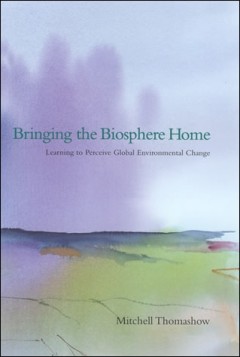
Bringing the biosphere home :learning to perceive global environmental change
A guide for understanding the ecological and existential aspects of global environmental change.This book shows how to make global environmental problems more tangible, so that they become an integral part of everyday awareness. At its core is a simple assumption: that the best way to learn to perceive the biosphere is to pay close attention to our immediate surroundings. Through local natural …
- Edition
- -
- ISBN/ISSN
- 9780262284899
- Collation
- 1 online resource (244 pages)
- Series Title
- -
- Call Number
- -

Educating for the Anthropocene: Schooling and Activism in the Face of Slow Vi…
The work of environmental educators and activists in India and South Africa offers new models for schooling and environmental activism. Education has never played as critical a role in determining humanity's future as it does in the Anthropocene, an era marked by humankind's unprecedented control over the natural environment. Drawing on a multisited ethnographic project among schools and act…
- Edition
- -
- ISBN/ISSN
- 9780262370721
- Collation
- -
- Series Title
- -
- Call Number
- -
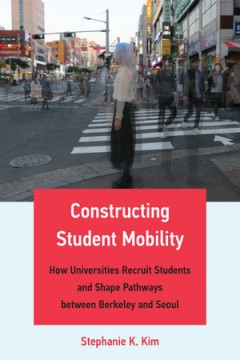
Constructing Student Mobility: How Universities Recruit Students and Shape Pa…
How universities in the US and South Korea compete for global student markets—and how university financials shape students' lives. The popular image of the international student in the American imagination is one of affluence, access, and privilege, but is that image accurate? In this provocative book, higher education scholar Stephanie Kim challenges this view, arguing that universities -…
- Edition
- -
- ISBN/ISSN
- 9780262373371
- Collation
- -
- Series Title
- -
- Call Number
- -
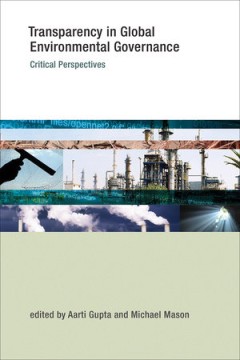
Transparency in global environmental governance : critical perspectives
Transparency is increasingly seen as part of the solution to a complex array of economic, political, and ethical problems in an interconnected world. It is often assumed to result in more accountable and effective governance. The 'transparency turn' in global environmental governance in particular is evident in a wide range of international agreements, voluntary disclosure initiatives, and publ…
- Edition
- -
- ISBN/ISSN
- 9780262320856
- Collation
- 1 online resource.
- Series Title
- -
- Call Number
- -
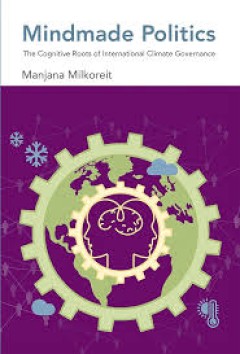
Mindmade politics the cognitive roots of international climate governance
How integrating cognitive theories and international relations scholarship can yield valuable insights into the effectiveness of climate negotiations. Mindmade Politics takes a novel, interdisciplinary approach to understanding the complex and contentious dynamics of global climate politics. Manjana Milkoreit argues that integrating cognitive theories and international relations scholarship can…
- Edition
- -
- ISBN/ISSN
- 9780262340588
- Collation
- 1 online resource (352 pages)
- Series Title
- -
- Call Number
- -
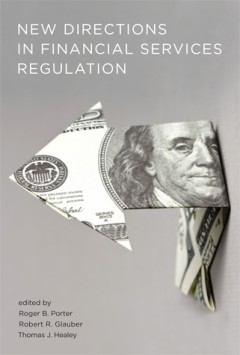
New Directions in Financial Services Regulation
This title grows out of a conference hosted by the Mossavar-Rahmani Center for Business and Government at Harvard's Kennedy School of Government in October 2009, and the book reflects the dynamic give-and-take of the event.OCLC-licensed vendor bibliographic record.
- Edition
- -
- ISBN/ISSN
- 9780262295789
- Collation
- 1 online resource (ix, 227 pages)
- Series Title
- -
- Call Number
- -
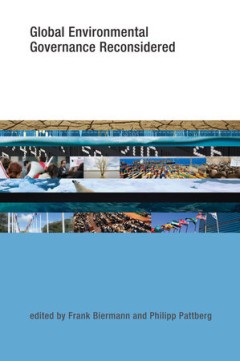
Global environmental governance reconsidered
An examination of three major trends in global governance, exemplified by developments in transnational environmental rule-setting.The notion of global governance is widely studied in academia and increasingly relevant to politics and policy making. Yet many of its fundamental elements remain unclear in both theory and practice. This book offers a fresh perspective by analyzing global governanc…
- Edition
- -
- ISBN/ISSN
- 9780262305709
- Collation
- 1 online resource (xvi, 301 pages).
- Series Title
- -
- Call Number
- -
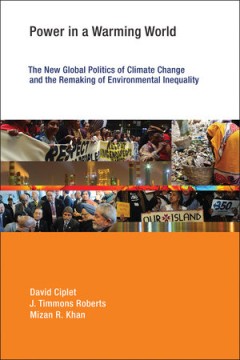
Power in a warming world :the new global politics of climate change and the r…
After nearly a quarter century of international negotiations on climate change, we stand at a crossroads. A new set of agreements is likely to fail to prevent the global climate's destabilization. Islands and coastlines face inundation, and widespread drought, flooding, and famine are expected to worsen in the poorest and most vulnerable countries. How did we arrive at an entirely inequitable a…
- Edition
- -
- ISBN/ISSN
- 9780262330039
- Collation
- 1 online resource.
- Series Title
- -
- Call Number
- -
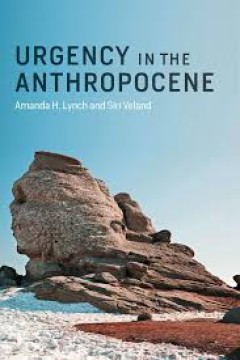
Urgency in the Anthropocene
Is this the Anthropocene? The age in which humans have become a geological force, leaving indelible signs of their activities on the earth. The narrative of the Anthropocene so far is characterized by extremes, emergencies, and exceptions-a tale of apocalypse by our own hands. The sense of ongoing crisis emboldens policy and governance responses that challenge established systems of sovereignty…
- Edition
- -
- ISBN/ISSN
- 9780262348898
- Collation
- 1 online resource (xii, 238 pages)
- Series Title
- -
- Call Number
- -
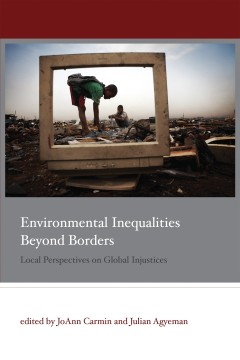
Environmental Inequalities Beyond Borders: Local Perspectives on Global Injus…
Case studies demonstrate the spatial disconnect between global consumption and production and its effects on local environmental quality and human rights.OCLC-licensed vendor bibliographic record.
- Edition
- -
- ISBN/ISSN
- 9780262295680
- Collation
- 1 online resource (vi, 303 pages) :illustrations, map.
- Series Title
- -
- Call Number
- -
 Computer Science, Information & General Works
Computer Science, Information & General Works  Philosophy & Psychology
Philosophy & Psychology  Religion
Religion  Social Sciences
Social Sciences  Language
Language  Pure Science
Pure Science  Applied Sciences
Applied Sciences  Art & Recreation
Art & Recreation  Literature
Literature  History & Geography
History & Geography